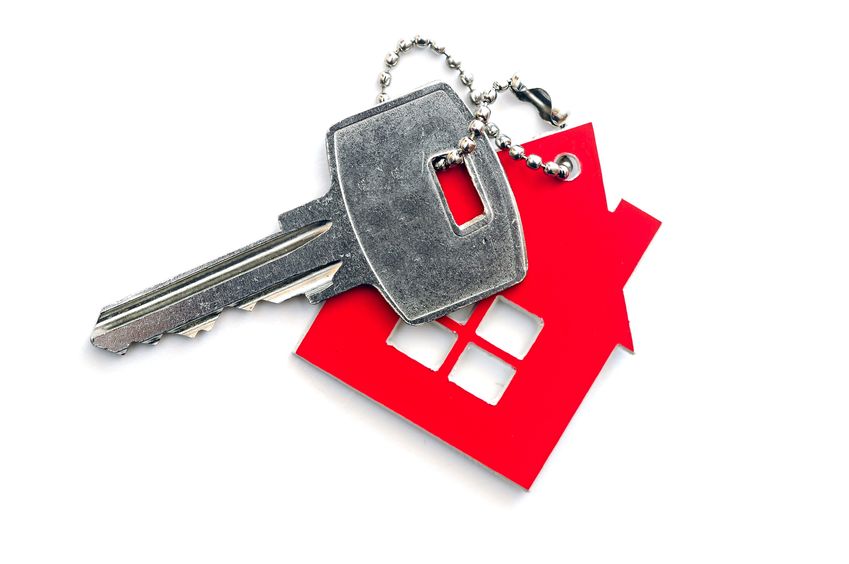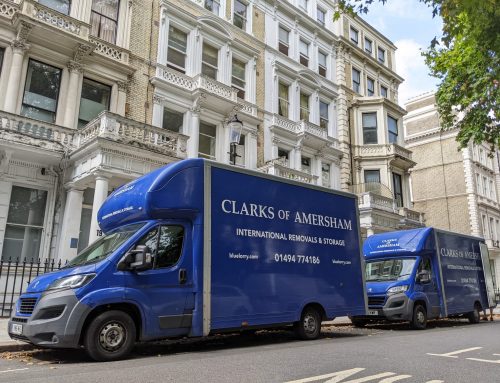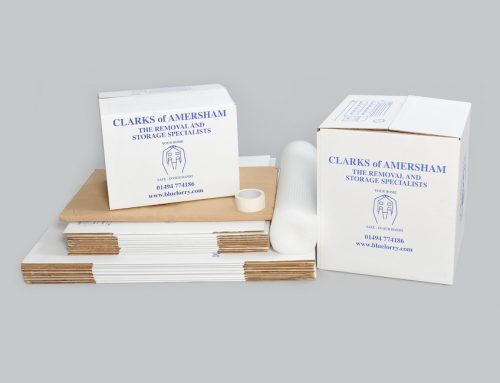How to manage your mortgage better and cutting the cost of your mortgage right now
Always keen to share help, advice and hints and tips here is a useful article we found written by Jasmine Birtles
Overpay
A mortgage is like any other kind of debt. Really you are renting the money, so the longer you take to pay it off, the more it will cost you. By overpaying when possible you can save tens of thousands of pounds and be mortgage-free much earlier.
For example, if you had a £200,000 mortgage at a rate of 3.5 per cent for the life of the loan then to repay it 10 years early you would need to overpay £425 a month but you would save £43,111 in interest.
If you pay it off over a shorter time you have to pay more each month, but if you can afford it it’s worth doing. Ring your lender and ask how much your monthly payments would be if you reduced the payment term by, say, 10 years. If you can manage the new figure then go for it.
With some mortgages you can even arrange with your lender to pay off extra chunks during the year as and when extra money comes in.
That’s the best thing to do with a mortgage that calculates interest daily, as any money you put in will have an immediate effect on interest you pay.
Watch the penalties
Some mortgages (typically fixed-rate ones) don’t allow you to pay them off more quickly while they are in the fixed period. Some allow you to pay around 10 per cent of the debt each year but not much more.
Mortgage lenders want you to pay off your debt as slowly as possible so they can make as much money from the interest as possible. So first check that there are no penalties if you decide to make an extra/higher repayment.
If there are penalties but you are able to save extra money each month, then put this cash in a high-interest savings account while you’re in the fixed period. When your fixed rate period ends pay a lump sum off the capital (the actual amount you have borrowed).
You could also then consider switching to a flexible mortgage which will allow you to pay back extra without penalties after that.
Switch to an offset mortgage
This can be a great way to pay off your mortgage faster, particularly if you have a healthy pot of money in savings.
It works by taking into account your savings and anything in your current account, when the mortgage company calculates the interest you need to pay on your loan. So they “offset” savings against your mortgage.
So if you have a mortgage of £100,000 and savings of £20,000 your debt will be calculated as £80,000 instead. You will still pay the same amount into your mortgage each month but more of that payment will go towards paying off the actual debt (the capital) than wasting it on interest
Watch the fees if you switch
There are a lot of very good low rates in the market so if you are not tied to a fixed-rate mortgage you could save a lot by switching.
However, there are often big costs involved in switching including your current provider’s exit fee, the new lender’s arrangement fee, legal costs and valuation fees.
Sometimes lenders hike up their fees (they could be as much as £2,000 for an arrangement fee) so that they can push down their interest rate and put the mortgage at the top of the best buy tables.
“Depending on the size of your mortgage and the length of time you have to pay it off it can be worth going for a slightly higher interest rate so that you don’t have to pay big upfront fees,” says David Hollingworth of mortgage broker London & Country.
“Some lenders give incentives such as free valuation and legal fees but the interest rate is usually higher with those. If you have a large mortgage it can be worth paying the upfront fees to get a cheaper overall interest rate.”
Rent a room
An easy way to knock years off your mortgage repayments without sacrificing your quality of life is to rent out a spare room. Even better, this income is tax free up to £4,250 per year. This works out as just over £350 a month.
You can take advantage of the scheme as long as the room you are renting is furnished and in your own house, not a separate property.
According to Spareroom.co.uk, depending on where you live, taking in a lodger and using the money to overpay your mortgage can halve the number of years it takes to pay it off, saving you thousands.
If you can’t bear the idea of a stranger in your home permanently, you can always rent for a few weeks at a time to foreign students.
Contact your local English language schools and get yourself on their accommodation list. Foreign students usually stay for no longer than six weeks at a time.
CUTTING COSTS FOR FIRST-TIME BUYERS
The good news is, if you’re a first timer and you don’t have much cash to put down there’s help at hand to get you on the ladder, even if you have a small deposit.
Help To Buy scheme
The Help To Buy scheme is a Government deal whereby first-time purchasers can buy a new-build property (it has to be a new-build, not an old house) with just a 5 per cent deposit.
Usually, if you only have 5 per cent to put down on a property the mortgage will be expensive as lenders don’t enjoy handing out 95 per cent loans.
But with this scheme the Government lends you up to 20 per cent of the price so you only have to get a 75 per cent loan, which will be much cheaper.
These are available for properties up to the value of £600,000. Find out more about how to apply at Gov.uk.
Opt for a shorter term mortgage
Another way to save cash if you only have a small deposit is to go for a short-term fixed deal (they tend to be cheaper) and then look to switch after that.
Adrian Anderson, director of mortgage broker Anderson Harris, says: “If you only have a small deposit, consider taking out say a two-year fix rather than a five-year deal.
“If property prices keep rising, in two years’ time you will have a better equity stake in your home so will be able to remortgage on to another deal at a lower rate of interest.”
Shop around for the best mortgage deal
It sounds obvious but not everyone shops around for a new mortgage. Some just go to their bank to find what they could offer and then pick the best deals they have. However, you can save thousands over the course of the mortgage by choosing from the whole of the market.
Mark Harris, of mortgage broker SPF Private Clients, says: “It’s vital that you shop around and find the best mortgage for your circumstances.
“There are plenty of cheap deals available but few people have time to unearth all of them so an independent mortgage broker is invaluable in sorting through and finding you the most competitive rate.
“If that deal happens to be available direct from a lender, the broker will tell you that too so you don’t miss out.”
For more information about starting out on the property ladder download the free, easy-to-read guide on Jasmine Birtles’ site at Moneymagpie.com/ebooks/mortgage-ebook








Leave A Comment